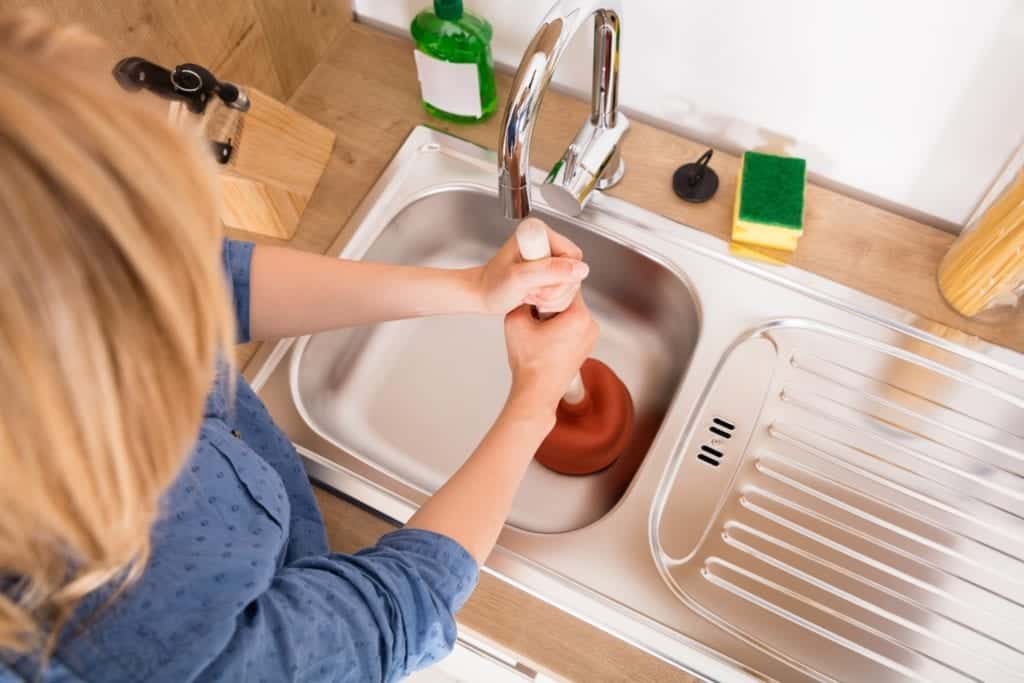If you perform regular maintenance on your home’s plumbing, you can reduce the risks of facing major repairs. You need to address several issues, so you can make sure that your home’s plumbing is up to par. Here are few simple maintenance tips that can help you keep your plumbing working its best:




- You should exercise the valves every couple of months. When you exercise the valves, you are putting them through their range of motion regularly, and that will make sure that they are functioning properly when they are needed because a repair must be made on a section of line and water must be shut off because of needed repairs.
- You should clean aerators regularly. Gunk and grime can easily block a faucet aerator. You should unthread the aerator clockwise and remove it from the faucet spout. Depending on how much build up you find on the aerator, you may need a small brush to scrub it. You should soak them in white vinegar to clean them out and eliminate any buildup.
- Clean out overflow holes in sinks. You will need to stick a funnel in the sink’s overflow hole then pour baking soda into the funnel. You will then add white vinegar in the funnel. Let the baking soda and vinegar mixture sit for about 15 minutes so the deodorizing process can take place. You will then want to flush out the sink using boiling water.
- Don’t use your toilet as a trash can. Only human waste should be flushed down the toilet. Even if the feminine hygiene products or wipes indicate that they are flushable, you should not try to flush them. If you notice there is a clog, make sure you address it promptly before the problems worsen and damage results. Don’t use chemicals that are supposed to remove clogs. Instead of helping, it can cause major damage. Don’t use products that can cause your sewer pipes to corrode.
- Make sure you have screen installed over the drains in your bathtubs and showers. Be selective with your bath products and limit any bath oils because they can cause clogged drains. Review your wash, conditioner, and moisturizing products. If these products are oily or greasy, you don’t want them to go into the drain because they will cling to pipes, and blockages will result because they attract other debris and grime.
- Flush your water heater each season to flush out any sediment. Sediment buildup causes corrosion, lessens the efficiency of your water heater, and reduces the water heater’s lifespan. You should make sure your water heater is set at 120 degrees Fahrenheit to ensure optimal performance.
- Regularly inspect all your pipes inside your home for leaks. Look for stains, watermarks, and puddles. If you suspect even a tiny leak, make sure you address the problem immediately. If you are not sure about the nature of the leak, or if it is a tricky fix, you should call your plumber right away.
- You should check around your home for slow leaks. You can do this by checking your water meter then not using any water in your home for two or three hours and then rechecking the meter. If the reading has changed and you didn’t use any water, then you have a leak somewhere around your home and you should call a plumbing professional to inspect your plumbing system.
- Regularly inspect your appliances that use water, such as washing machines, dishwashers, and ice makers. Look for any worn, bulging, or cracked hoses. Replace any hoses that show wear or damage. Check your toilet bowl and its tank to ensure there are no leaks. Add a few drops of food coloring to your toilet’s tank, and if you notice any coloring in the toilet bowl within the next 30 minutes, there is a leak that needs to be repaired immediately.
With the right care and attention, you can catch plumbing issues early on before the problems worsen.

